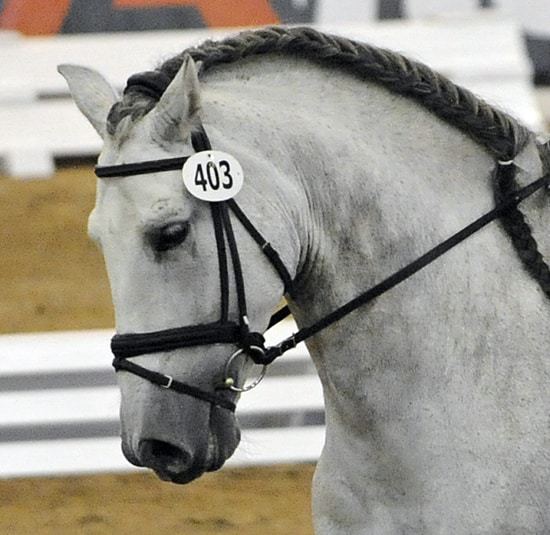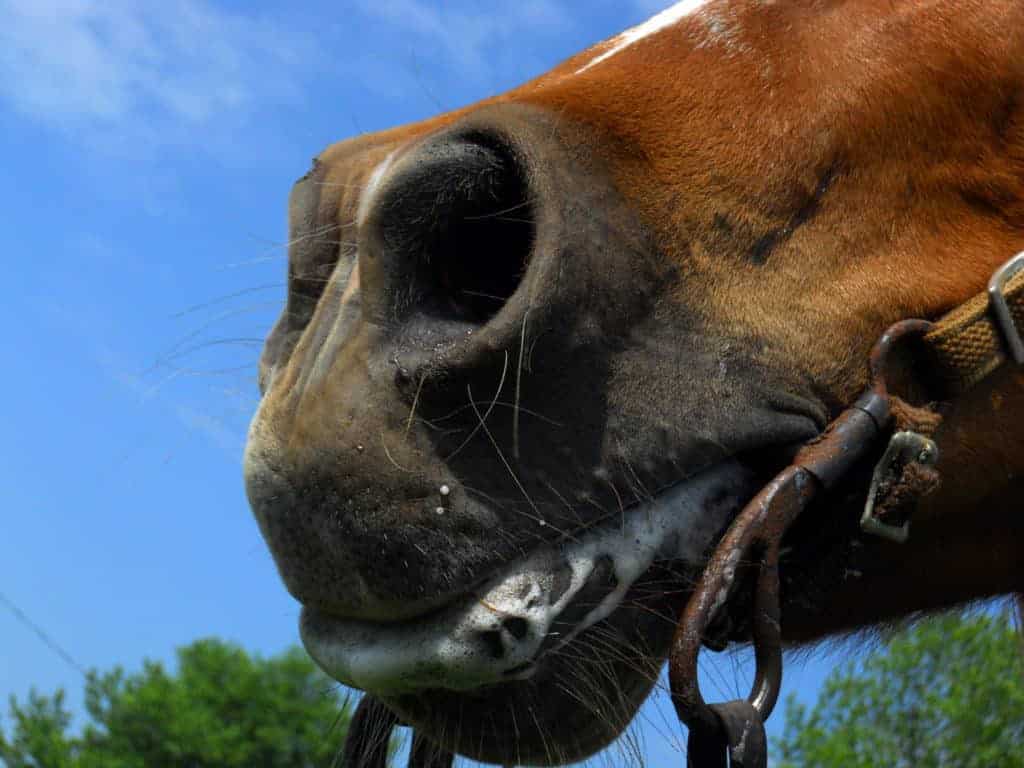
Electrolyte Use in Performance Horses
Electrolytes can help increase equine performance when supplementing a balanced diet.

Electrolytes can help increase equine performance when supplementing a balanced diet.

Researchers found that recovery periods during conditioning could improve horse training efficacy.

Attention to conditioning and minimizing wear and tear can help horses stay on the trail for years to come.

Researchers collected information about health problems experienced by young horses being prepped for sale.
Regulatory veterinarians implemented new protocol after an increase in the number of racing injuries in May.

Researchers found that foals turned out to pasture had similar joint defects as those exercised daily.

At the center of vet checks is a close examination for signs of general illness, injury, or lameness.
The board discussed clenbuterol use in racing, firocoxib thresholds, and other horse health related topics.

One researcher relayed that it could be possible to identify horses at risk for injury before accidents occur.

No matter what type of competition is being held the health and well-being of the horse is of great concern.

Vets examined upper airway obstruction in horses being ridden and when displaying “normal” head carriage.

Inflammatory airway disease is a top cause of decreased performance and affects up to 50% of equine athletes.

An effective electrolyte supplement replaces ion and water loss during exercise, one researcher said.

New research suggests rollkur is probably no more harmful than the “standard” dressage head position.

More than a dozen racetracks have committed to publishing their statistics from the Equine Injury Database.

A rundown of respiratory diseases commonly observed in performance horses.
Stay on top of the most recent Horse Health news with
"*" indicates required fields